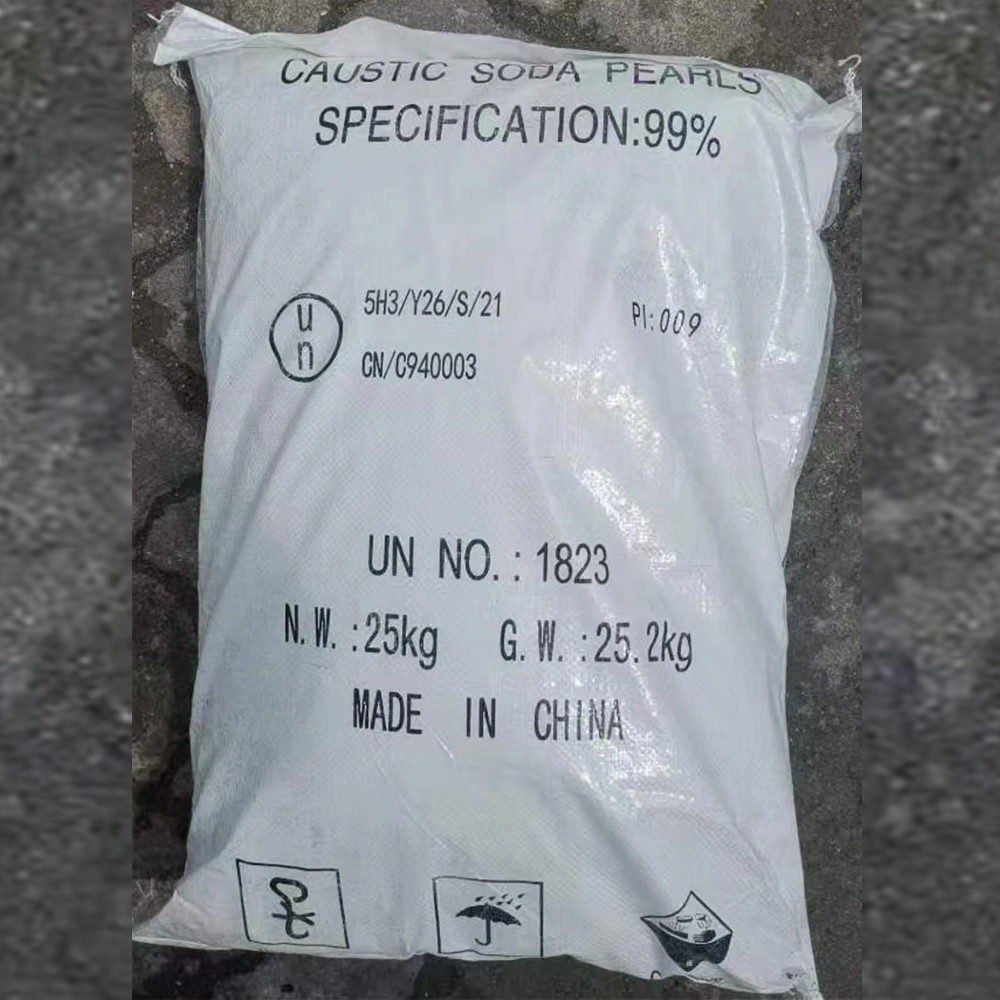



Common Chemicals for Treating Potable Water in Municipal Systems
Chemicals Used to Treat Drinking Water
Water is an essential resource for life, and ensuring its safety and quality is paramount for public health. The treatment of drinking water involves various chemical processes to remove impurities, disinfect pathogens, and enhance flavor. Here’s a closer look at the common chemicals used in the treatment of drinking water.
1. Coagulants
One of the primary steps in water treatment is coagulation, which helps to remove suspended solids. Coagulants, such as aluminum sulfate (alum) and ferric chloride, are added to the water. These chemicals help to aggregate small particles into larger clumps, known as flocs. Once the flocs form, they can be more easily removed during the sedimentation process. This not only cleans the water but also enhances the effectiveness of subsequent filtration stages.
2. Disinfectants
After removing solids, it’s crucial to ensure that the water is safe from pathogens. Disinfectants are chemicals used to kill or inactivate harmful microorganisms. Chlorine is one of the most commonly used disinfectants due to its effectiveness and relative affordability. It works by disrupting the cellular processes of bacteria and viruses. Other disinfectants include chloramine (a combination of chlorine and ammonia), ozone, and ultraviolet (UV) light. Each of these has its pros and cons, and the choice often depends on specific water quality needs and treatment goals.
3. pH Adjusters
Water pH significantly influences its quality and the effectiveness of disinfectants. Chemicals like lime (calcium hydroxide) and sodium hydroxide are often used to raise the pH, while sulfuric acid can be employed to lower it. Maintaining an appropriate pH level is essential not only for optimizing disinfection but also for protecting the infrastructure of pipes and fixtures from corrosion.
what chemicals are used to treat drinking water

4. Flocculants
In addition to coagulants, flocculants such as polyacrylamides can be used. These synthetic polymers help to enhance the coagulation process, promoting the aggregation of flocs, thus improving the efficiency of sedimentation and filtration. Flocculants are particularly useful in treating water with high levels of turbidity, as they can help to clarify the water more effectively.
5. Activated Carbon
While not a chemical in the traditional sense, activated carbon plays a vital role in the treatment process. It is used extensively for adsorbing organic compounds and removing odors and taste issues. It can be employed in both granular and powdered forms, with the latter often used for treating water with sediments and chlorine by-products like trihalomethanes.
6. Trace Minerals
In some cases, trace minerals like fluoride are intentionally added to treated drinking water. Fluoride helps in dental health by preventing tooth decay and is commonly added in many municipal water supplies. However, the addition of fluoride is a subject of debate regarding its potential health impacts and ethical considerations.
Conclusion
The treatment of drinking water involves a careful balance of chemistry to ensure that water is safe, clean, and pleasant to drink. Each chemical used serves a specific purpose, from coagulating impurities to disinfecting pathogens and adjusting pH levels. As water treatment technology advances, new methods and chemicals may emerge, but the goal remains the same to provide safe drinking water to communities across the globe. Continuous research and development in this field are essential to keep up with changing environmental conditions and public health standards.
-
Why Sodium Persulfate Is Everywhere NowNewsJul.07,2025
-
Why Polyacrylamide Is in High DemandNewsJul.07,2025
-
Understanding Paint Chemicals and Their ApplicationsNewsJul.07,2025
-
Smart Use Of Mining ChemicalsNewsJul.07,2025
-
Practical Uses of Potassium MonopersulfateNewsJul.07,2025
-
Agrochemicals In Real FarmingNewsJul.07,2025
-
Sodium Chlorite Hot UsesNewsJul.01,2025










